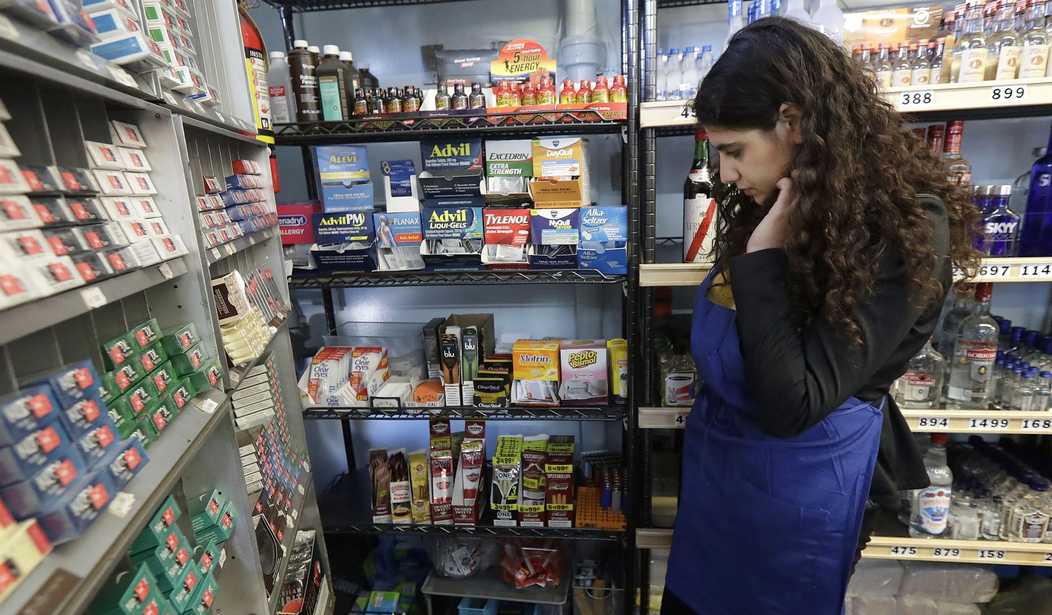For centuries, excise taxes, also known as sin taxes, have been a constant and consistent source of revenue for all levels of government. After all, taxing something the public views as “bad”—such as cigarettes and alcohol—is often the easiest way to levy a tax.
The city of Boulder, Colorado is no exception. In 2019, the city passed a law that imposed a 40 percent sales tax on electronic smoking and vaping devices. Initially, the decision by the City Council “defined the people collecting and remitting the tax to the city as tobacco retailers.”
Yet, that was then and this is now. The City Council intends to expand the tax to include all e-cigarette products, including cannabis, which is causing debate amongst industry leaders, and discontent among the public.
In general, sin taxes have a negative impact on small and local businesses, as consumers are still able to buy these products on the internet to avoid the tax. Because of this phenomenon, states typically shift the tax to other products when revenues fall short of expectations. This could explain Boulder’s proposed expansion of the two-year-old tax.
The good news is that industry leaders are pushing back on this tax expansion, and for good reason. For instance, Shannon Fender, director of public affairs at Native Roots, said, “We don’t see it as a clarification. We see it as a retroactive expansion of the definition, which actually constitutes a new tax on cannabis products.” Fender makes a compelling case.
Similarly, the original intent of the law was to curb youth vaping. Expanding this tax to cannabis products, which are only sold to adults, does not move the dial toward the original goal, although it would likely substantially increase Boulder’s revenue. Could that be a motivation?
The controversy regarding this law revolves around the original intent of the law. At the time the law was written, it did not include cannabis, nor did lawmakers give fair warning that cannabis products would be subject to the tax at a later date. It seems like a revenue grab. Pure and simple.
Furthermore, are sin taxes good in the first place? Not always. Often, they are used as a crutch to boost budgets. What’s more, these laws have a higher negative impact on low-income Americans.
According to the Institute of Economic Affairs, poorer households pay up to 10 times more in sin taxes than wealthier households as a share of income. These arbitrary taxes cause unnecessary burdens on the poor.
Given our nation’s economic circumstances coming out of the pandemic, cities in Colorado and throughout the country shouldn’t increase taxes in any capacity. The ultimate goal should be to cut spending while reducing taxes.
However, that is not the strategy most cities and states are taking.
New sin taxes are being created all the time to include pop, plastic products, tanning beds, and even Botox. In 2014 alone, state governments collected $32 billion by taxing “sinful” products and activities.
Legislators should fight these arbitrary taxes at all costs. As stated above, the best approach would be to cut taxation at all levels and reduce wasteful spending. But as we know, that is more easily said than done.
Legislators can also aim to decrease dependence on revenues from excise taxes. Evidence continues to show that excise taxes on tobacco harm reduction products like e-cigarettes have an overall negative impact on public health. Hopefully, the Boulder City Council will reconsider its decision to expand taxes on its residents.
Christina Herrin ([email protected]) is a government relations manager at The Heartland Institute, a nonpartisan, free-market think-tank headquartered in Arlington Heights, Illinois.













Join the conversation as a VIP Member